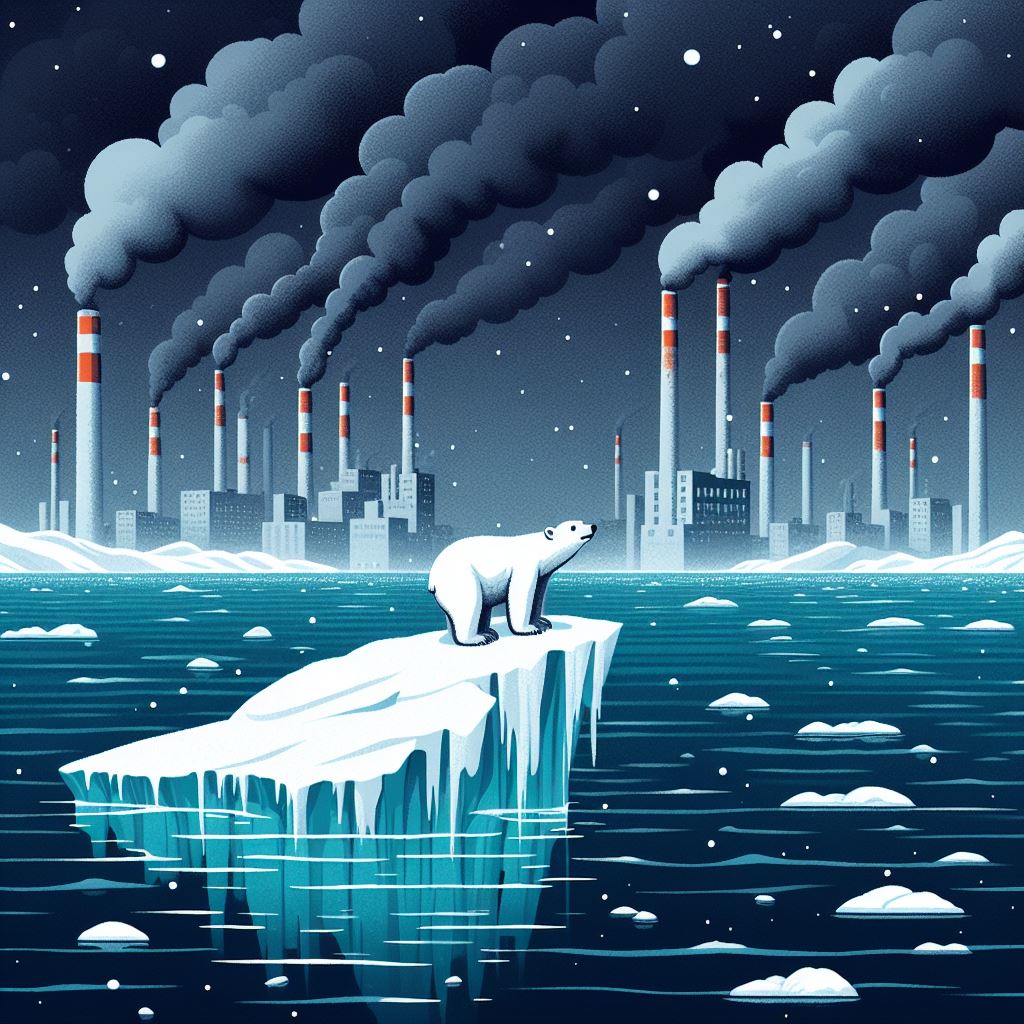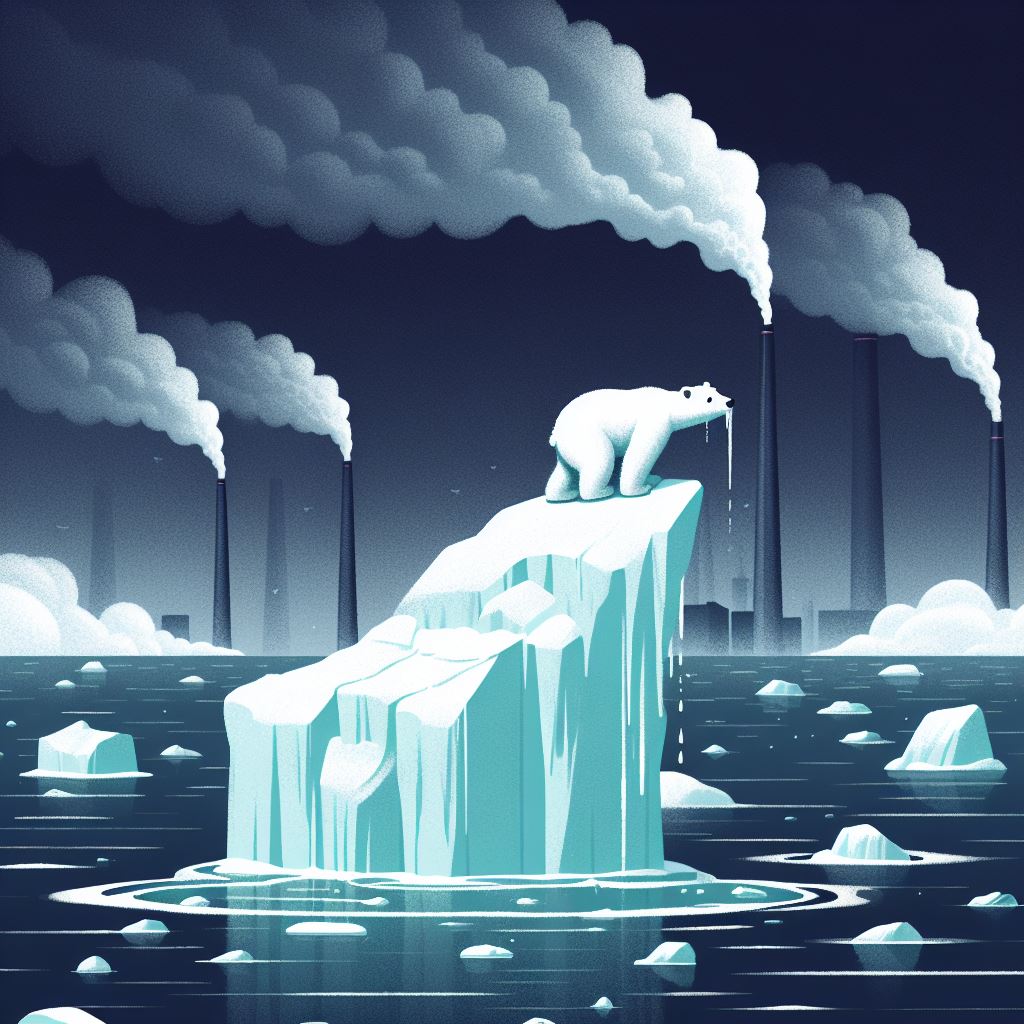Climate change isn’t just an environmental issue; it’s also an economic one. Rising temperatures, sea levels, and extreme weather events are already imposing significant costs on communities and economies worldwide.
A report by the Intergovernmental Panel on Climate Change (IPCC) underscores the economic risks associated with unabated climate change. The report warns that without swift and decisive action to reduce greenhouse gas emissions, the world could face catastrophic economic losses, including damage to infrastructure, declining agricultural yields, and increased healthcare expenses due to heat-related illnesses.
Furthermore, the impacts of climate change are not evenly distributed, with low-income and marginalized communities often bearing the brunt of its effects. In many cases, these communities lack the resources and infrastructure to adapt to changing conditions, exacerbating existing inequalities.
To address the economic challenges posed by climate change, governments, businesses, and civil society must work together to implement mitigation and adaptation measures. Investing in renewable energy, improving infrastructure resilience, and supporting vulnerable communities are critical steps in building a more sustainable and equitable economy.
Moreover, transitioning to a low-carbon economy presents opportunities for innovation and job creation. Industries such as renewable energy, energy efficiency, and sustainable agriculture have the potential to drive economic growth while reducing greenhouse gas emissions.
By taking decisive action to address climate change, we can not only mitigate its economic costs but also create a more prosperous and resilient future for all.






